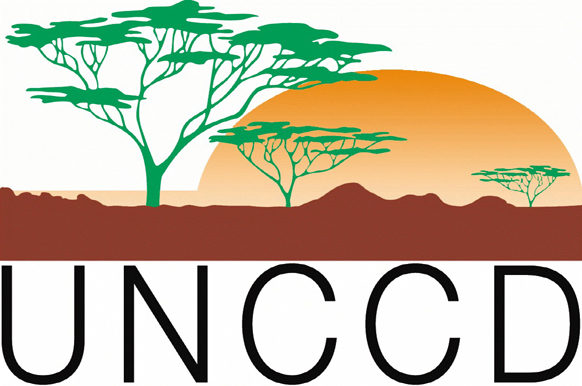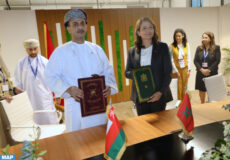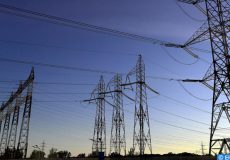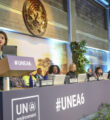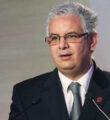Sustainable development: ILO, UNFCCC to Boost Action on Just Transition, Decent Work
Geneva / Bonn – The International Labor Organization (ILO) and the United Nations Climate Change Organization (UNFCCC) signed on Wednesday an agreement to promote decent work and a ‘just transition’ of the workforce towards sustainable economies and societies.
The agreement between the two organizations will bring a substantial contribution to the implementation of the Paris Agreement, said a joint statement by the ILO and the UNFCCC.
The move follows the adoption and entry-into-force of the Paris Climate Change Agreement, the first-ever universal, legally binding global climate agreement that aims to deliver a climate stable future.
This Memorandum of Understanding will help give practical effect to the Just Transition Guidelines of the ILO as a framework to support action on climate change, said ILO Director-General Guy Ryder.
For her part, Executive Secretary of the UNFCCC Patricia Espinosa said that the agreement forges an ever deeper relationship with the ILO, adding that the implementation of the Paris Agreement and the realization of the Sustainable Development Goals has the potential to generate more and new kinds of better quality jobs across the globe.
The partnership promotes the integration of decent work and a just transition in the implementation of national measures on climate change.
Among other areas of collaboration, the ILO and UNFCCC will conduct studies at global and national levels to measure the impact of climate change and the transition on employment in different sectors.
These assessments will inform and guide countries on the responses that are needed in areas such as employment, social protection, occupational safety and health, industrial restructuring, skills needs identification and skills development, in their national contexts.
Other activities mentioned in the MoU include the review of national and regional experiences, the strengthening of social dialogue between governments and the social partners at all levels, and capacity building programmes on climate change and decent work for developing countries.



